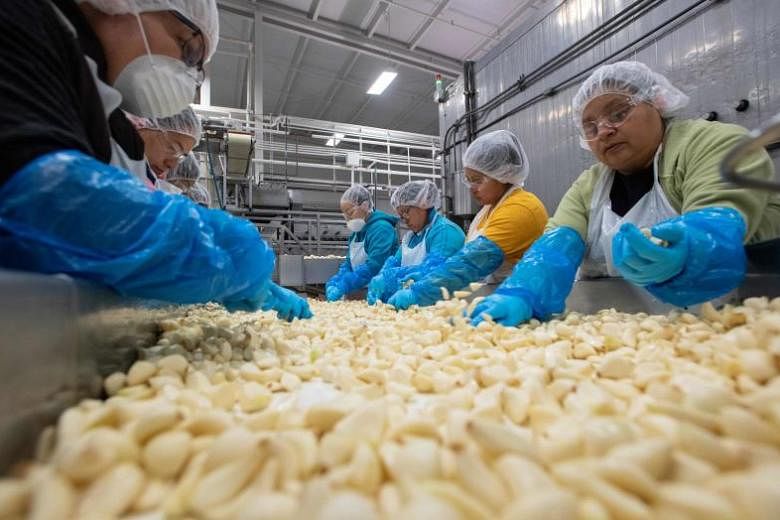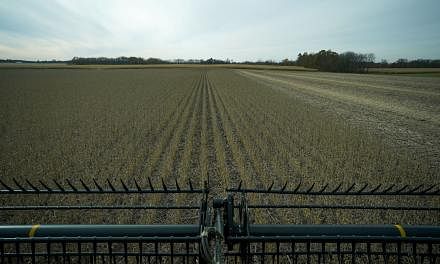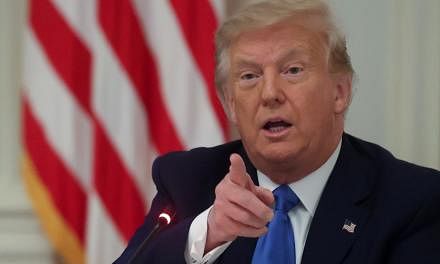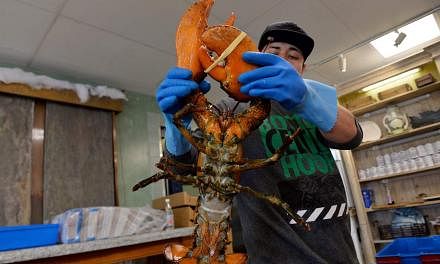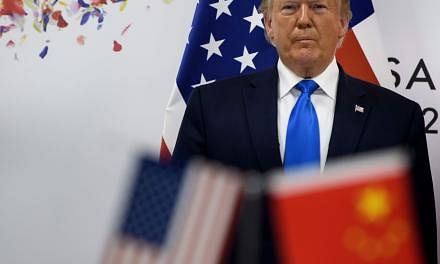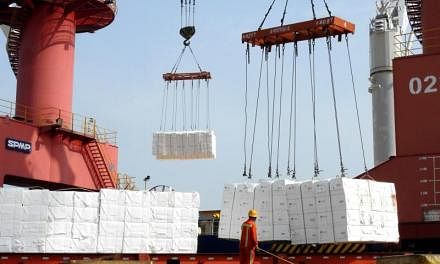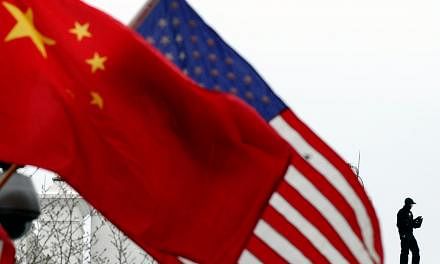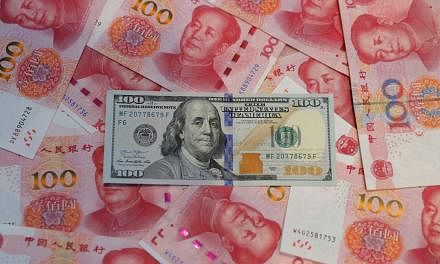BEIJING -The most immediate benefit for China of the "phase one" trade deal - once it is signed - will likely be an expansion in its purchase of US agriculture products, such as pork, poultry and soybeans, say experts.
But larger shifts in the bilateral trade balance will be demand-driven, and depend on the market competitiveness of US products, they stress, after top officials signalled over the weekend that Beijing would resist being held to fixed purchase commitments.
While hailing the interim deal, Chinese foreign minister Wang Yi on Saturday repeated China's stance that US-China trade cooperation will be based on World Trade Organisation (WTO) rules, possibly to assuage the concerns of its other trade partners.
"Chinese enterprises will import more competitive products and services from the US and other countries according to market and commercial principles," he said while in Ljubljana, Slovenia.
That Beijing has declined to confirm US President Donald Trump's claim last Friday (Dec 13) that China would buy US$50 billion in US farm goods showed that the figure may be more aspirational than concrete, said Peking University US-China expert Jia Qingguo.
"Whether this target can be achieved will, in the end, depend on price and China's needs, and not any headline figure" he said.
That said, Beijing has indicated there is room for bilateral trade to recover, after being depressed for nearly 20 months following the imposition of tit-for-tat tariffs.
China bought an average of US$24.2 billion of US farm goods from 2015 to 2017, but the figure has fallen by over 30 per cent in the last two years.
Yesterday, China's National Bureau of Statistics said pork prices had more than doubled this year after the industry was hit by African swine fever. This in turn caused overall food prices to rise by 10 per cent, said spokesman Fu Linghui.
Apart increasing its supplies of pork, Beijing's efforts to stabilise the supply of live pigs after 1.1 million were culled this year will also boost demand for soybean, which is used in animal feed, said experts.
"Besides stabilising China's external environment in the short term and boost exports, (the deal) will lead to large-scale imports of high-quality US agricultural products," think-tank Evergrande Research's chief economist Ren Zeping wrote in a note.
But whether Sino-US trade will expand significantly in other areas depends on how long the two sides can maintain the ceasefire, he said.
"Should major differences between the two sides arise in the implementation of the agreement, we cannot rule out the possibility that the deal will be called off," he said.
"Geopolitical games, such as the US' attempt to use Hong Kong and Xinjiang to distract Beijing, may also harm the deal."
